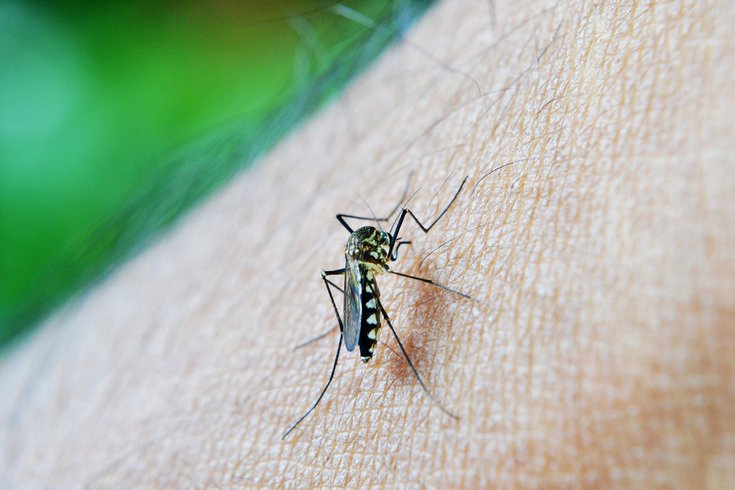
May 10, 2023
 Mohamed Nuzrath/Pixabay
Mohamed Nuzrath/Pixabay
A small study showed evidence that coconut-scented soap repels mosquitos, but the research was not definitive. And the scent the insects detect from humans is complicated than just the soap they use.
Do mosquitoes find you extra tasty for some inexplicable reason? A new study says using coconut-scented soap may help keep the hungry insects far away from you.
Virginia Tech researchers compared different scented soaps to see if they made people more or less attractive to mosquitoes. While the results were not definitive, scientists did find there was some evidence that the insects were repulsed by a chemical compound known to have a coconut-like odor.
This is inline with an earlier study from the U.S. Department of Agriculture that also found coconut scent — produced by the chemical y-nonalactone — is a smell that mosquitoes and other blood-sucking insects don't like. In their study, compounds derived from coconut oil were better than DEET at repelling the summertime pests.
But unfortunately the solution for stopping bug bites is not as simple as lathering up to smell like you just returned from a tropical island vacation. People's personal scents are a complex interplay of their bodies' chemicals, how much they sweat and the personal hygiene and grooming products they use. Drinking beer, illness or pregnancy can also alter a person's scent. Other research suggests that blood type and diet can influence how appetizing you smell.
Because of this, scientists can't say with certainty that one scent should be used by everybody to repel mosquitoes, but in their tests, coconut-scented soaps outperformed all the other scented soaps.
"It's a simple question with a very complex answer," Clément Vinauger, an assistant professor of biochemistry at Virginia Tech, told NBC News. "What really matters is how the chemicals in the soap combine with the chemicals of the individual person."
A person's scent is a unique combination of more than 350 chemicals produced by the body and the bacteria that live on the skin. We all have the same chemicals but in different amounts, which is why some of us are prime targets for mosquitoes while others never get bit.
For this study, four people were instructed to wash one of their forearms with specifics brands of soap, one at a time — Dial, Dove, Native and Simple Truth. The other forearm was left unwashed. The participants then wore nylon sleeves on both of their arms for one hour, after which the sleeves were placed into a mesh cage filled with yellow fever mosquitoes, a species commonly found in the southern U.S.
The researchers counted how many mosquitoes were attracted to each cup, and Vinauger and his colleagues were surprised at the results. Limonene, a chemical compound found in citrus, is commonly believed to repel mosquitoes. Three of the four soaps that contained limonene, however, actually attracted the insects instead of repelling them.
Odor samples collected from the washed arms found high amounts of terpene, a chemical compound typically found in essential oils. Scientists have always considered terpenes a natural mosquito repellent, but in this study the terpenes in soap also appeared to make people tastier to the insects.
The study results suggest the scents mosquitos pick up from humans are more complicated than the soap people use. The scents may be amplifying repellent or attractive compounds that naturally exist in a person, the researchers said.
Co-author Dr. Chloé Lahondère told The Sun, "We know ratios of chemicals are extremely important for determining whether mosquitoes are attracted or repelled. Changing the ratio of the same exact chemicals can result in attraction, indifference or repulsion."
More research will be needed to prove whether it is the coconut scent itself that repels mosquitoes or if the scent enhances one of the naturally occurring, insect-repelling chemicals in human skin. It is also unclear whether other species of mosquitoes are attracted to and repelled by the same scents.